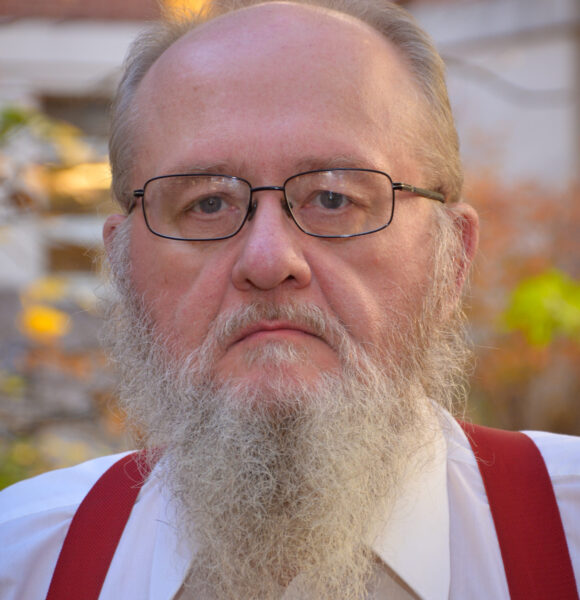Go Wild with Your Gardening
January 27, 2024
You Have the Power to Make a Difference
Gardening for nature explored from six different angles by published authors, community educators and professors. It is easier to go wilder with your gardening when you understand where you and your location fit into the bigger picture.
Access to nature is rare in many urban environments but you can transition to a more wildlife-friendly garden or greenspace and enhance your connection with nature. All levels of gardening experience are welcome for this full day of learning. Join us and find the tools you need to make your garden positively contribute to our natural Georgia network.
How we garden at home and in the community makes a big difference in the natural world.
Morning pastries and coffee available at registration kindly provided by Summit Coffee, your local community-driven café focused on remarkable and approachable coffee. Lunch will be from Samad Mediterranean Grill.
Details
>> Includes keynote speakers, general sessions, light breakfast provided by Summit Coffee, boxed lunch, vendors, and opportunities to gain knowledge and connections.
>> Books published by our keynote and recommended by our speakers will also be available for purchase.
>> Pre-order books from Eagle Eye Book Shop and pick them up at the symposium
>> Doors open at 8AM for check-in
>> Register by Wednesday, January 24
Registration Opens December 1
General Public $85/CNC Members $70
Symposium Schedule
Keep scrolling to learn more about the speakers
8AM: Doors Open for Registration
& Vendor Booths Open
9AM: Plant Conservation in Georgia and our Dire Need to Engage Hearts and Minds with Jennifer Ceska
Georgia, her people, plants and animals, soils and waters are standing at a crossroads. There is urgency on behalf of all of Georgia’s facets in which roads we take, in which decisions we make, and not just decisions at agency or legislative levels, but decisions in our daily lives. Conservation professionals are not exaggerating or being dramatic here. Scientists are agreeing that for many species in the SE US, 20 years may be too late, and especially if people cannot “see” the trouble. Species are literally on the edge of winking out on our watch. And yet, we know what to do; we know how to help. But getting pushback from the public on changes we need to make on the landscape starting this year is a real and present challenge. Ceska will share stories of these challenges plant conservation is facing in Georgia right now, the opportunities and partners that are in place ready to help, and the serious need to think outside all boxes and help people see plants, their diversity, their role, their pressures. Conservation needs artists to help engage hearts and minds. Science needs the arts, and we celebrate these convergences. Because truly, 20 years may be too late.
10AM: Imperiled Beauty; Georgia’s Endangered Plants with Laura Martin
Georgia has 19 native plants on the federal endangered species list wherever they may grow. The story of how we are protecting these plants and safeguarding them for future generations is a fascinating tale. From drones to dogs, scientists are using an entirely new set of tools to ensure the future of our environment. Laura Martin will discuss the five main reasons for the loss of our native plant species: Habitat loss, Habitat degradation, Fire suppression, Invasive weeds and Pests and disease and will then talk about how teams of scientists, volunteers and conservationists are working together to save our species. Her talk is, in part, illustrated with photos of paintings from her current exhibit. Though the topic is serious, Laura’s optimism and ligh- hearted approach make this a presentation that is both educational, interesting and inspirational.
10:45AM: Break | Vendors Open, Plant Sale, and Wildlife Encounters
11:15AM: Nature’s Best Hope with Doug Tallamy
Recent headlines about global insect declines and three billion fewer birds in North America are a bleak reality check about how ineffective our current landscape designs have been at sustaining the plants and animals that sustain us. To create landscapes that enhance local ecosystems rather than degrade them, we must 1) remove the invasives on our property and 2) add the native plant communities that sustain food webs, sequester carbon, maintain diverse native bee communities, and manage our watersheds. If we do this in half of the area now in lawn, we can create Homegrown National Park, a network of viable habitats throughout the U.S. that will provide vital corridors connecting the few natural areas that remain. This approach to conservation empowers everyone to play a significant role in the future of the natural world. It is also enormously restorative for those who take action.
12:15-1PM: Lunch | Vendors Open, Plant Sale, and Wildlife Encounters
1:00PM: Tending the Wild: Cultivating and Harvesting Wild Edibles with J. Holly-Campbell
Several of our native plants can be utilized for food, natural medicine, or crafts. Did you know that most of these plants can be grown in your own yard? During this presentation, participants will learn to identify, harvest, and safely utilize the speaker’s favorite native wild harvested plants. Species covered include common persimmon, pawpaw, black walnut, mulberry, elderberry, yaupon, and more.
2:00PM: Insect Allies: Finding Balance in the Garden with Gabrielle LaTora
Insects are the cornerstones of our ecosystem, working hard to keep nature in balance. They are extremely diverse in their lifestyles and habits and can even help us manage garden pests! Understanding the roles and life cycles of insect predators in our gardens and knowing your insect allies here in Georgia are key to promoting ecological balance in a landscape. Come discover the complexity of the insect world and how you can help protect it as Gabrielle takes us on a virtual insect safari getting up close with wasps, flies, beetles and other “Little Things that Run the World”!
2:45PM: Break | Vendors Open, Plant Sale, and Wildlife Encounters
3PM: Native Tree Planting: Going Wild Planning, Placing, and Caring with Dr. Kim Coder
Getting started properly is always the hardest part of anything. Tree planting is a fine example. Early mistakes can compound and lead to major problems later. Planning for success in site and species selection, installing without injury and damage, and continuing tree-literate care form opportunities to have great, long-lasting trees. This presentation will orbit around a number of things you can do to assure new trees are well started, as well as some things commonly done which damage new trees. Do not let the initial hope and optimism of tree planting lead to dead and dying trees!
3:55-4PM: Closing Comments & Symposium Ends
About the Speakers
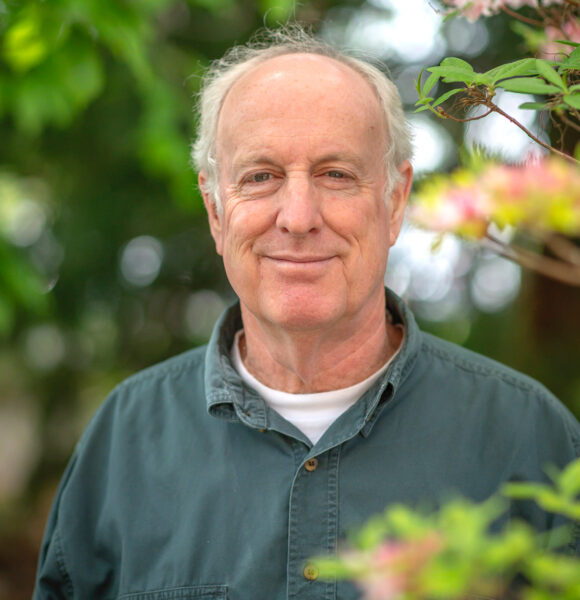
Doug Tallamy
T.A. Baker Professor of Agriculture in the Department of Entomology and Wildlife Ecology, University of Delaware
Doug Tallamy is the T. A. Baker Professor of Agriculture in the Department of Entomology and Wildlife Ecology at the University of Delaware, where he has authored 112 research publications and has taught insect related courses for 42 years. Chief among his research goals is to better understand the many ways insects interact with plants and how such interactions determine the diversity of animal communities. His books include Bringing Nature Home, The Living Landscape, co-authored with Rick Darke, Nature’s Best Hope, and a New York Times Best Seller, The Nature of Oaks, winner of the American Horticultural Society’s 2022 book award. In 2021 he cofounded Homegrown National Park with Michelle Alfandari. His awards include recognition from The Garden Writer’s Association, Audubon, The National Wildlife Federation, Allegheny College, Ecoforesters, The Garden Club of America and The American Horticultural Association.
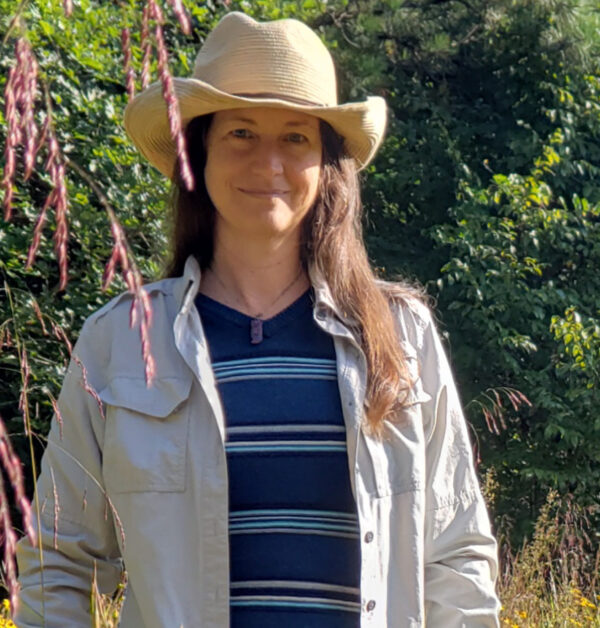
Jennifer Ceska
Conservation Coordinator, State Botanical Garden of Georgia
Jennifer Ceska is Public Service and Outreach Faculty at the University of Georgia and has served since 1995 as Conservation Coordinator in the Science & Conservation Program of the State Botanical Garden of Georgia, Athens. She received her masters at UGA in horticulture with an emphasis on plant conservation. Her specialty is creating project driven professional networks and facilitating projects for endangered species recovery. She has consulted with 14 states in developing their own conservation networks. Jennifer serves as project manager for the Georgia Plant Conservation Alliance, coordinating over 60 organizations contributing recovery actions to 114 critically imperiled plant species in Georgia. Professionals contribute intellectual, experiential, and physical resources from all areas of plant conservation from population genetics to conservation horticulture to habitat restoration for safeguarding ex situ and plant community resilience in situ.
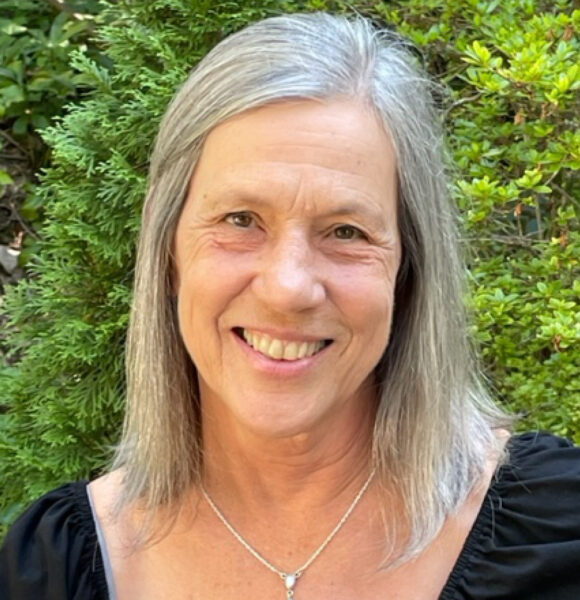
Laura Martin
Botanist, Author, Artist
Laura C. Martin has had a long and happy career as a botanist, author and botanical artist. She has a degree in botany from the University of Georgia and a certificate degree in Botanical Art and Illustration from the New York Botanical Gardens. In addition to publishing 26 books, she also wrote a weekly gardening column for The Atlanta Journal and Constitution for 9 years and, for many years, was gardening editor for both Atlanta Homes and Lifestyles Magazine and Georgia Magazine. She currently has a solo art exhibit at the Atlanta Botanical Gardens called Imperiled Beauty, Georgia’s Endangered Plants.
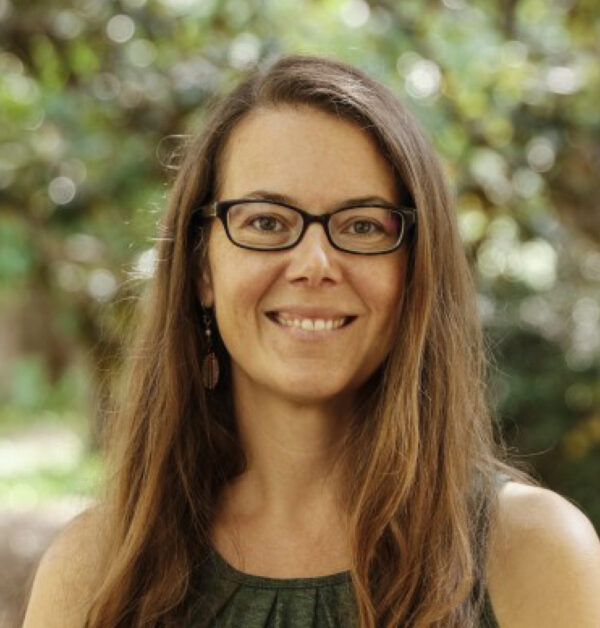
J. Holly-Campbell
Public Service Assistant, UGA Warnell School of Forestry and Natural Resources
Holly Campbell is a Public Service Assistant with the University of Georgia Warnell School of Forestry and Natural Resources, where she is an instructor of several undergraduate courses and also provides community forestry, dendrology, wild harvest, and wildland fire instruction to public and professional audiences outside of the university. In 2021, Ms. Campbell developed a popular wild harvesting webinar series that led to several statewide collaborations over the last several years, including development of a Wild Harvesting in Georgia undergraduate course at UGA, the Georgia Master Forager program offered by Spalding County Cooperative Extension, a wild harvest publication series, and several workshops and webinars around the state.
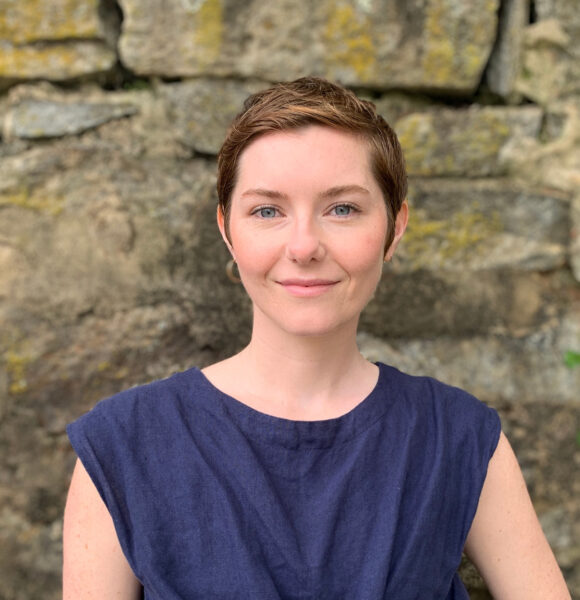
Gabrielle LaTora
Agriculture & Natural Resources Agent, UGA Extension Fulton County
Gabrielle LaTora is an Agriculture and Natural Resources Agent for UGA Extension in Fulton County. An entomologist by training, Gabrielle is interested in insects on farms and in gardens and is passionate about closing the gap between people and their food. Gabrielle oversees the North Fulton Community Garden, answers clients’ questions about gardening and natural resources, works with urban farmers, helps coordinate Fulton County’s Master Gardener Extension Volunteer program, and delivers high-quality educational programs for Fulton County residents.
Dr. Kim Coder
Professor of Tree Biology and Health Care &
University Hill Fellow for Distinguished Public Service and Outreach at the Warnell School of Forestry and Natural Resources, University of Georgia in Athens, Georgia, USA.
Degrees from Iowa State University in forestry, tree biology, and forest ecology. Elected world President of the International Society of Arboriculture (ISA), and served as President of the Southern Chapter of ISA, the international Arboriculture Research & Education Academy (AREA), and the Georgia Urban Forest Council. Appointed to the National Urban and Community Forestry Advisory Council (NUCFAC) to the USDA-Secretary. First person to receive four of ISA’s world awards – the Shigo, Harris, Lilly, and Merit awards. Granted the Arbor Day Foundation’s highest award –the J. Sterling Morton award. Awarded the Mary Helen Ray Legacy Award by the Georgia Tree Council. International lecturer and consultant on tree biology and structure, tree health under climate change, tree biomechanics, and urban ecosystems.
